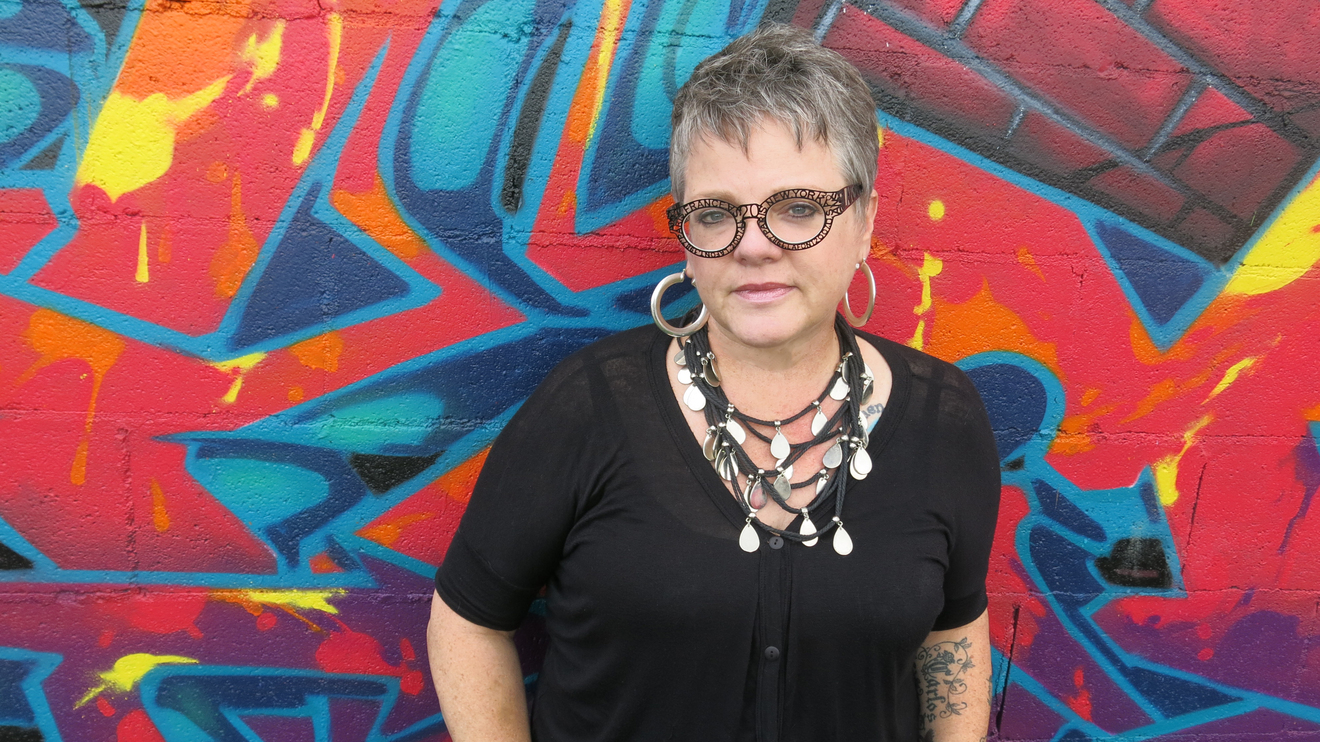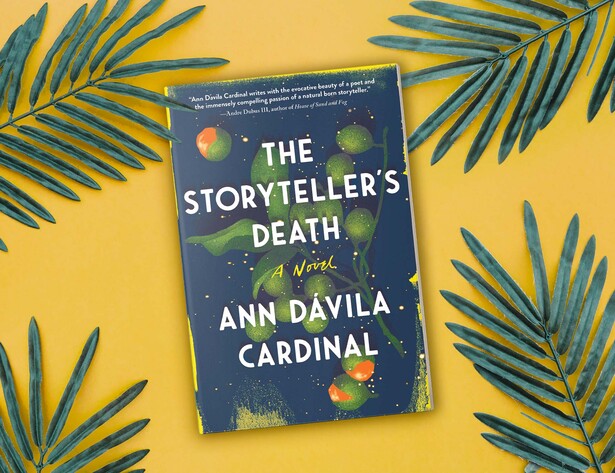
'The Storyteller's Death': A tribute to Puerto Rican cuentistas
Ann Dávila Cardinal's latest novel stars a Latina teenager that spends her summers with her grandmother in Puerto Rico
Ann Dávila Cardinal was born in New Jersey to a Puerto Rican family, but they never spoke Spanish at home because her father, “a giant Swedish/Irish guy with a language ‘block,’” couldn’t speak “and therefore didn’t want us plotting against him,” she jokes.
Raised between New Jersey and New York, Dávila defines herself as a Nuyorican, Vermont-based novelist who loves writing for teens, and she is the author of several young adult fantasy novels set between Puerto Rico and the East Coast, like Break Up From Hell (2023) and Category Five (2021).
Last October, Dávila published her first adult novel, the Puerto Rican magical realist mystery The Storyteller’s Death, starring Isla Larsen Sanchez, a Latino teenager whose life begins to unravel when her father passes away. Instead of being comforted at home in New Jersey, her mother starts leaving her in Puerto Rico with her grandmother and great-aunt each Summer like a piece of forgotten luggage. When Isla turns 18, her grandmother, a great storyteller, dies. It is then that Isla discovers she has a gift passed down through her family’s cuentistas. The tales of dead family storytellers are brought back to life, replaying themselves over and over in front of her.

“I started The Storyteller’s Death as part of my MFA in Writing Program at Vermont College of Fine Arts. I was having a conversation with some writer friends about how different cultures treat their elderly, and I said: ‘There was always some old woman dying in the back room when I was a child.’ My friends were like: ‘That’s it! That’s the first line of a story!’” Dávila recalled in a recent interview with AL DÍA. “When I sat down to write it, I started thinking about all the stories that die with each generation, how each one of those women held a world of stories, and now they would be gone. So, I imagined ways we could keep them alive.”
Dávila read voraciously as a child, hiding in the bathroom to fit in a couple of pages at school, but she always thought writing was a magical gift only possessed by a privileged few.
“I was content to lose myself in other people’s words and stories,” she said. It wasn’t until her late 30s, when her son was young, that she started writing. “I began because I wanted to share my family stories with him. My mother had died before he was born, and I was determined that he should know her in some way, so I started writing them down.”
Far from pretentious
Although The Storyteller’s Death is for adults, teens are her favorite audience.
“I love writing for teens. And Gen Zers are a bunch of badasses, so much smarter than my generation was when we were young,” she said. “I really enjoy writing for that group because you have to pare it down to the story, the real story. Teen readers will not tolerate pontificating or pretentiousness, and I like the clean writing that results.”
RELATED CONTENT
Dávila also hopes that her books will let her young readers know “that they are seen, that they are not alone in the difficult things so many are dealing with, that they are so much stronger than they believe.”
Another of her goals as a writer is to share the great love she has for Puerto Rico with her readers, “to make them want to visit if they haven’t been, and, the ultimate goal, to bring it alive for those who have,” she said.
“It’s a form of magic all its own. When I found out that some of the stories my mother told me might not be true, I was devastated. But then my cousin Jose Luis said that our family is as defined by the stories that aren’t true as the ones that are. It was revelatory for me,” she added.
Particularly, in The Storyteller’s Death, she wanted to pay tribute to cuentistas, the original Puerto Rican storytelling tradition. “I think Boricua culture is rooted in oral storytelling, especially through the Taino and African parts of our heritage,” she said. “My family stories are what started me on this creative trail, especially since there are some wonderful writers in the Dávila family.”
As a Nuyorican novelist based in Vermont, Dávila thinks things have gotten better for Latino writers in the field of publishing in the last 10 years, “but we are far from having enough seats at the literary table."
"We need more Latino agents and editors and gatekeepers to ensure all our voices are heard, that our stories are told. We have a long way to go, but I have hope,” she concluded.












LEAVE A COMMENT: